A brand name is a critical choice because it serves as the primary identifier of a business and is the cornerstone of a brand’s identity. A well-chosen brand name can create differentiation, evoke emotions, influence brand recognition and recall, and communicate the essence of the brand.
How is a great brand name chosen? By chance or with strategic intent?
In the fast-moving consumer goods sectors, brand development involves intensive research and huge investments.
Less so in the professional services space where most firms still carry the names of their founders.
Over time, as firms merge or enter into alliances, they become like blended families with each branch being afforded an equal or proportionate share of recognition.
For example, in 2012, Australia’s oldest law firm Allens Arthur Robinson began operating in an exclusive integrated alliance with the ‘magic circle’ law firm Linklaters and rebranded as Allens Linklaters.
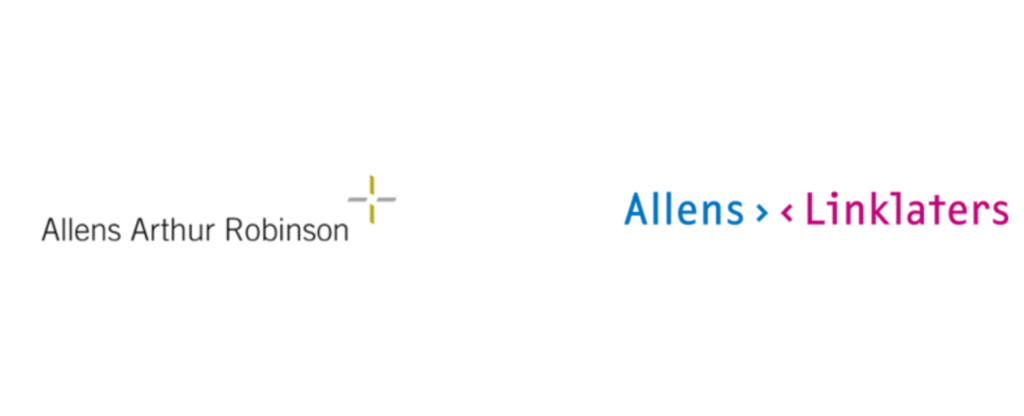
To present as modern and evolved, some professional services firms refresh their brands, switching out previously longwinded names with abbreviated trademarks – either a single word or an acronym.
For example, in 2014, for marketing purposes, Jones Lang LaSalle shortened its name to JLL.
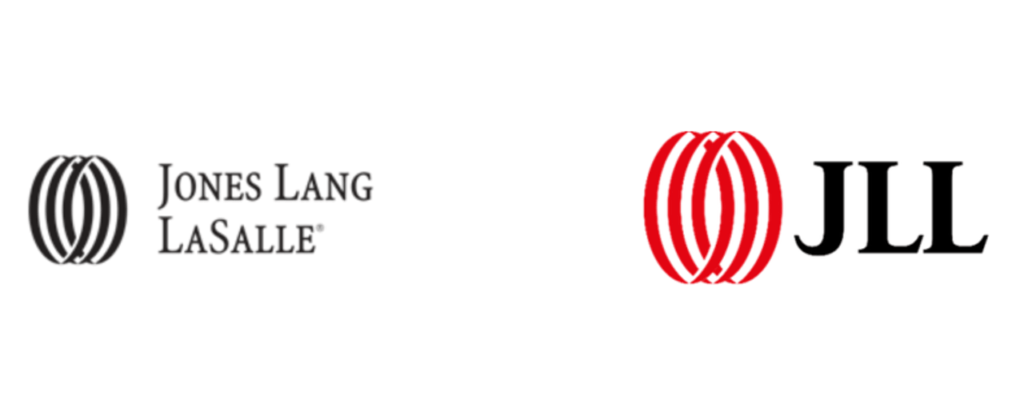
And in 2013, Ernst & Young rebranded as EY, both to bring consistency to the brand across 140 countries and “demonstrate clearly and boldly who we are and reflect the goal we have recently set ourselves to be the number one brand in our profession”.
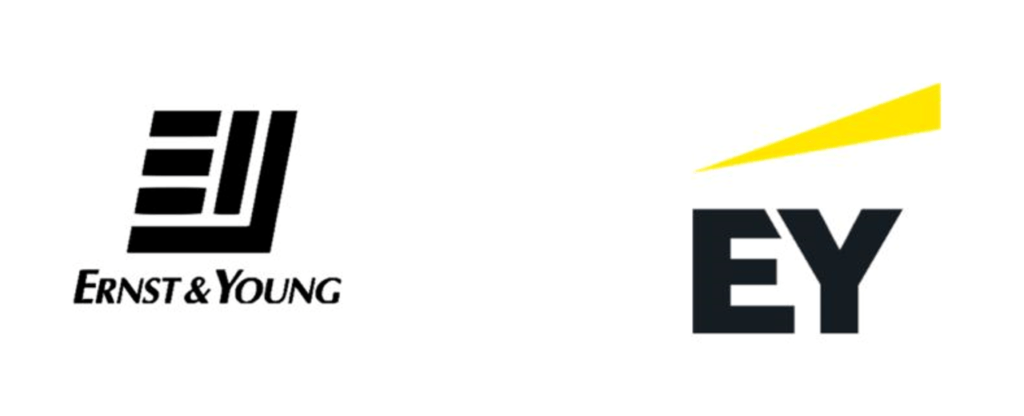
The Big Bang
Only on the very rare occasion does a professional services firm launch a new brand entirely.
The best examples stem from the accounting sector and are a consequence of the Big Four being forced to carve out their consulting arms so as to avoid conflicts of interest.
This is the situation PwC is facing in Australia right now.
On 25 June 2023, news broke that PwC’s global leaders have agreed in principle to sell the firm’s government consulting arm in Australia to private equity investor Allegro Funds for a single Aussie dollar.
Around 130 PwC Australia partners and 1,750 staff will move over to the new company, codenamed Bell, if the deal goes ahead.
How does this work from a branding perspective? How will Allegro Funds settle upon a name for a new professional services company?
What’s in a name?
Broadly speaking, a good brand name should be meaningful, distinctive, translatable, flexible, durable, and protectable.
There’s no one method for creating a great brand name. They’re conceived on the back of beer coasters, in brainstorming sessions, with the aid of highly paid brand agencies, and by using online name generators.
So, too, are there different types of brand names. Here are four examples.
1. Generic Brand Names
Generic brand names are not common in the professional services sector, principally because most firms are or once were professional partnerships which were named after their ‘founding fathers’.
Plus, while generic brand names are identifiable and easy to remember, they are also restrictive.
To illustrate, there is no question about what Australian Family Lawyers does – the brand name is literal. That makes it practical but also limiting. There’s no chance Australian Family Lawyers could establish a new practice area in, say, property or employment law. The brand is destined to be contained to just a single category.
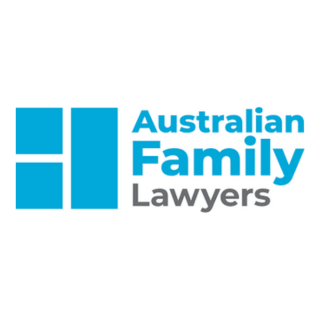
2. Descriptive Brand Names
The key advantage of descriptive brand names is they describe or at least hint at what the brand does.
For example, I named my business Market Expertise because that’s what we do. We don’t market shoes or luxury hotels. We’re experts in marketing other people’s expertise which is why we work with so many professional services firms.

3. Suggestive Brand Names
A suggestive brand name goes beyond being purely descriptive. It uses subtle cues or associations to evoke certain feelings or attributes, spark curiosity and interest, and hint at what the brand represents or offers without directly describing it.
Because this type of brand name is highly creative, there is often room for interpretation and imagination.
In 2001, Andersen Consulting rebranded as Accenture – a name which, according to Wikipedia, was suggested by an employee from the company’s Oslo office via an internal competition and derived from “Accent on the future”. The nominee purportedly “felt that the name should represent its will to be a global consulting leader and high performer, and also intended that the name should not be offensive in any country in which Accenture operates”.
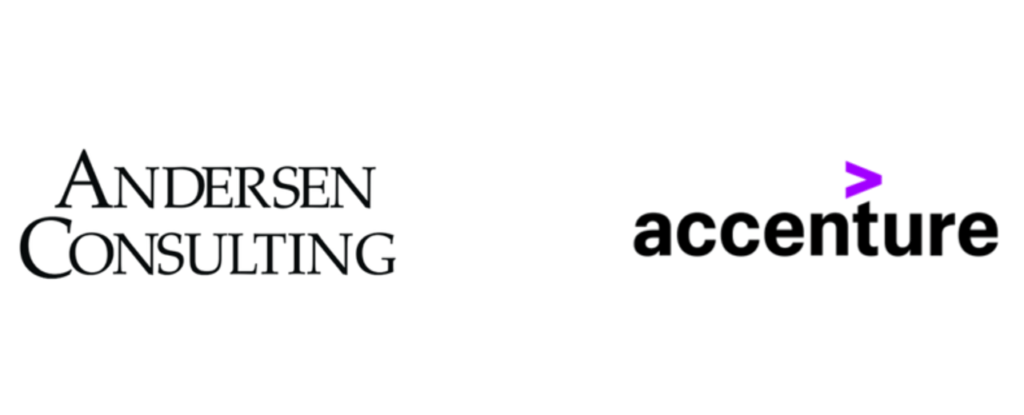
4. Random, Abstract and Made-Up Brand Names
Some of the world’s most iconic brands—Google and Apple, for example—have random, abstract, or even made-up names which are in no way related to what the companies do.
In the professional services, examples are scarce because these types of brand names tend not to work.
As it happens, in the early 2000s, PricewaterhouseCoopers rebranded PwC Consulting as Monday as a precursor to separating its audit and consulting businesses to avoid conflicts of interest.
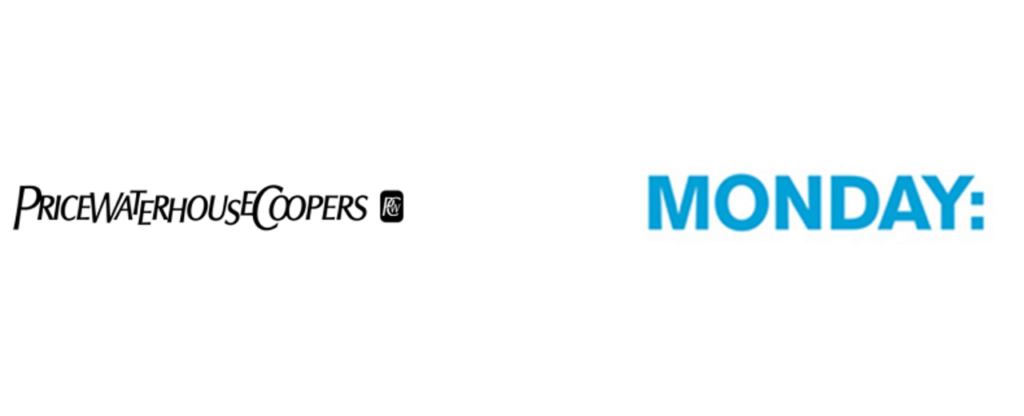
At the time, PwC Consulting’s CEO explained the name as being “exactly what we want it to be as we create our new business: a real word, concise, recognisable, global”.
The market didn’t find PwC Consulting’s spin at all convincing. The rebrand was widely ridiculed and when, barely five weeks later, Monday was purchased by IBM, the new brand was scrapped.
Naming right
In anticipation of the sale of PwC’s Australian government consulting business going ahead, the process of conceiving a new name, and developing a distinctive and differentiated new brand will now be underway.
Only time will tell which approach is taken to the naming of the new company, though a repeat of the Monday blunder is unlikely.
In 2018, again to prevent conflicts of interest and protect its government revenue stream, PwC’s US consulting business was purchased by Veritas Capital and rebranded as Guidehouse – another example of a suggestive brand name which hints at what the business offers without directly describing it.
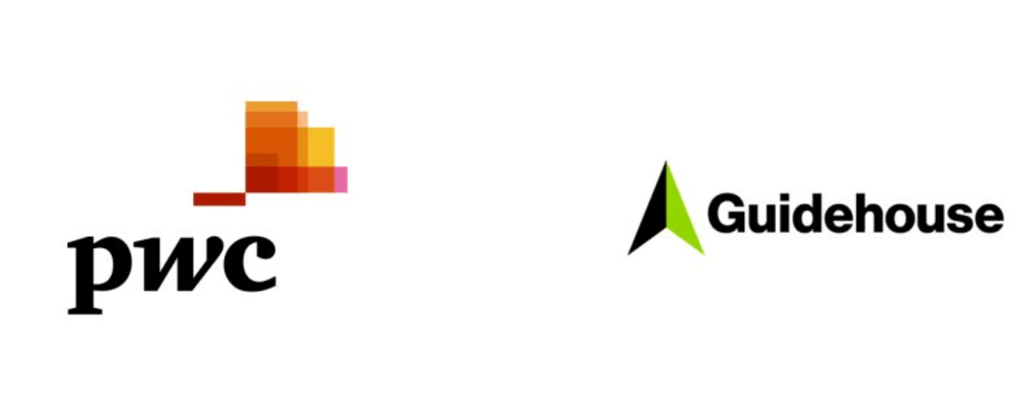
Veritas Capital has made a tonne of money from that acquisition and no doubt Allegro Funds is hoping to achieve a similar outcome in Australia.
Still, as Richard Branson said, “Your brand name is only as good as your reputation”.






